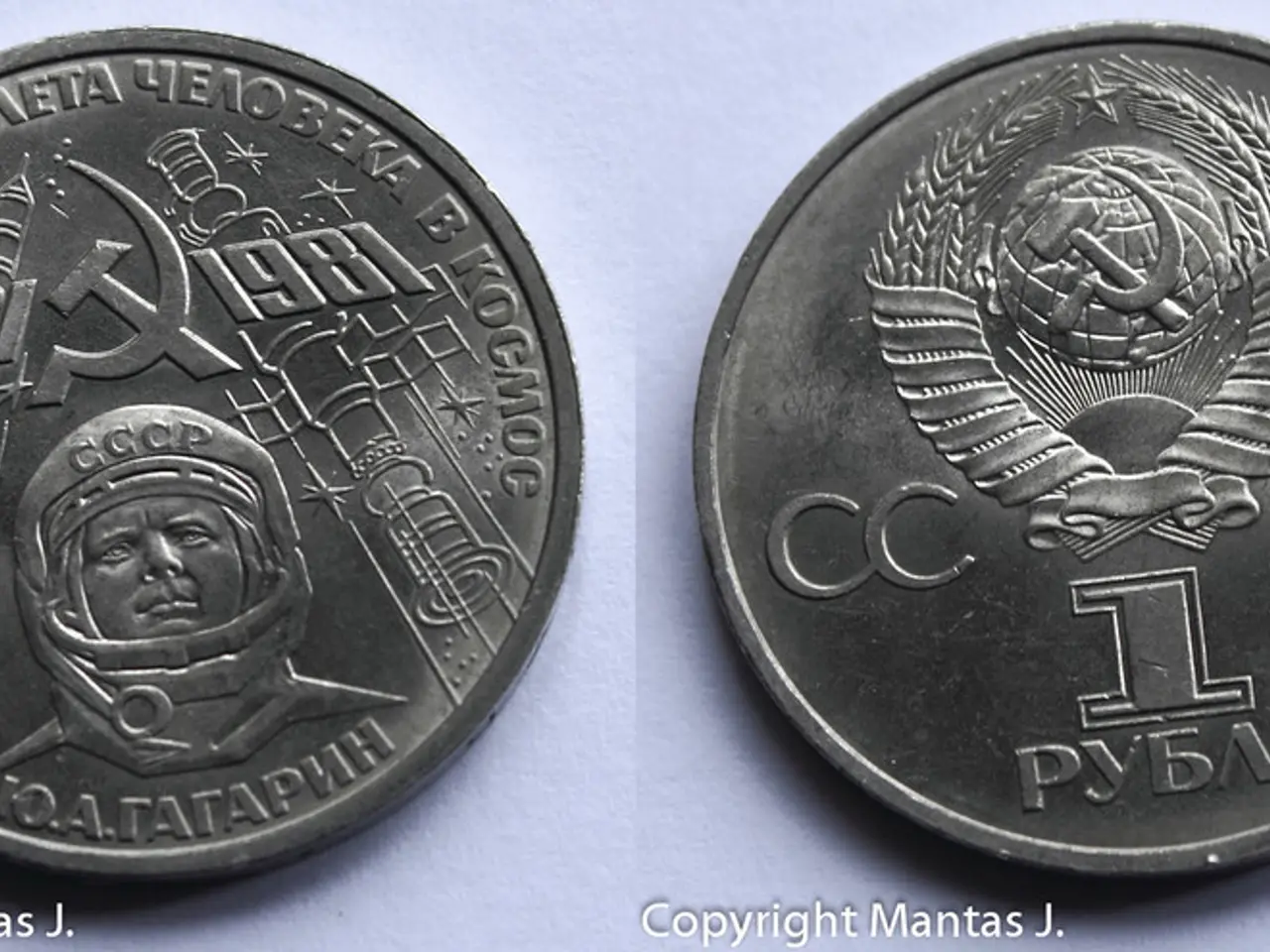ECB Battles Bitcoin's Rise With Digital Euro Plan
The European Central Bank (ECB) is developing a digital euro to counter the rising influence of digital currencies like Bitcoin. This move aims to safeguard the monetary system and unite European markets. Meanwhile, the discussions debate on the future of fiat currency intensifies, with Bitcoin's growing prominence challenging central banks' control over liquidity and inflation.
ECB President Christine Lagarde recently dismissed Bitcoin as a purely speculative asset, lacking intrinsic value. This stance echoes the ECB's long-held skepticism towards cryptocurrency concepts, viewing them as threats to financial stability. However, Bitcoin's wider acceptance has sparked a lively debate about its value as a unit of account compared to the Euro's role as a medium of exchange.
The Euro's purchasing power has significantly decreased over the past two decades, with inflation pressure mounting and central banks struggling for credibility. Since 2002, the Euro has lost over 40% of its purchasing power, eroding savings and trust in the currency. If the Euro continues to depreciate, public trust may shift towards Bitcoin and other decentralized assets, presenting the ECB with a choice to adapt or maintain its current rejection of cryptocurrency concepts.
The ECB's digital Euro project is ongoing, but public perception remains mixed. Some view it as a tool for state surveillance, while cryptocurrencies are seen as symbols of financial autonomy. As the discussions debate over the future of money intensifies, the ECB must navigate the challenges posed by Bitcoin's growing prominence and the Euro's declining purchasing power.
Read also:
- Germany Launches HoLa Project for Megawatt Charging on A2 Motorway
- Wallenius Wilhelmsen Leads Maritime Industry's Push to Net Zero Emissions by 2027
- Transforming Digital Inventories in the Food Industry: A Comprehensive Guide for Food Businesses
- Canada's Transportation Revolution: Hyperloop & Electric Air Taxis by 2026






